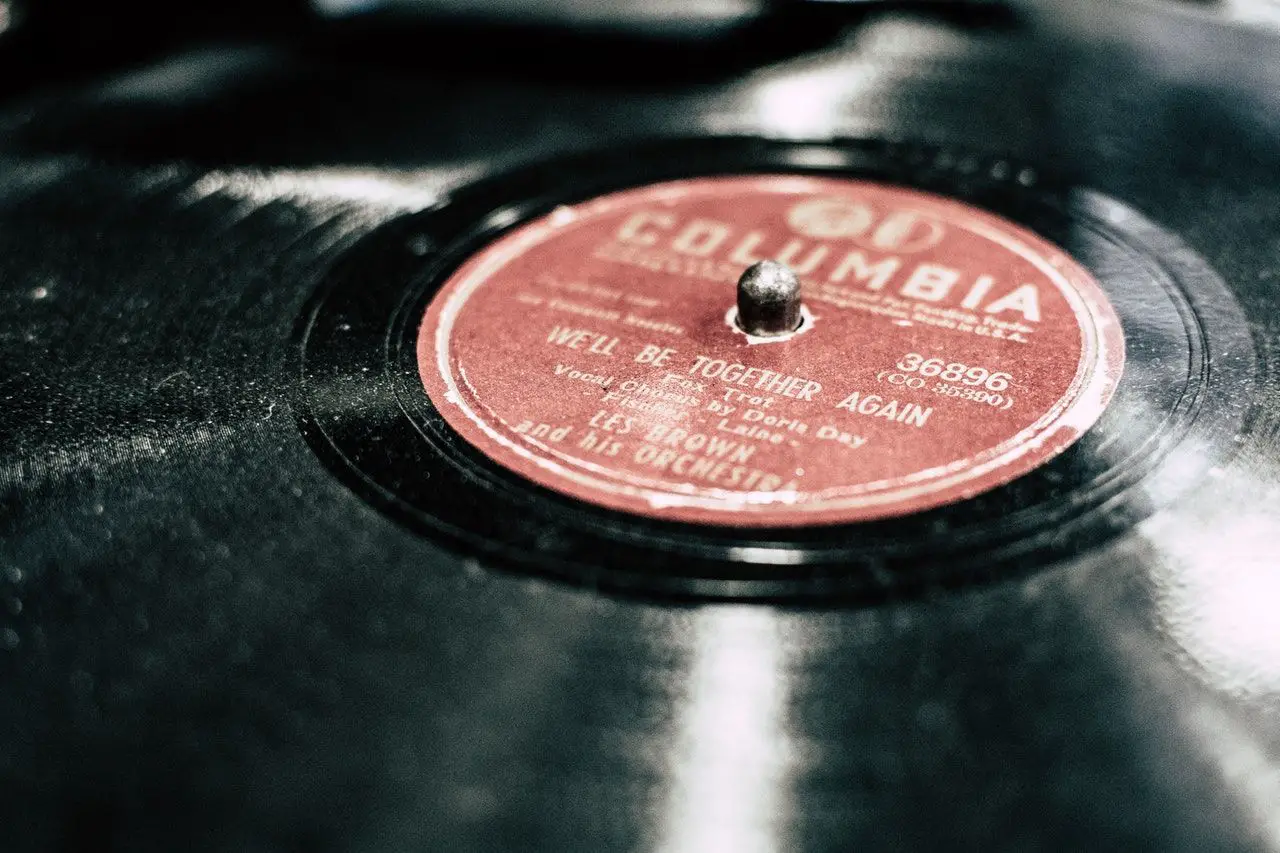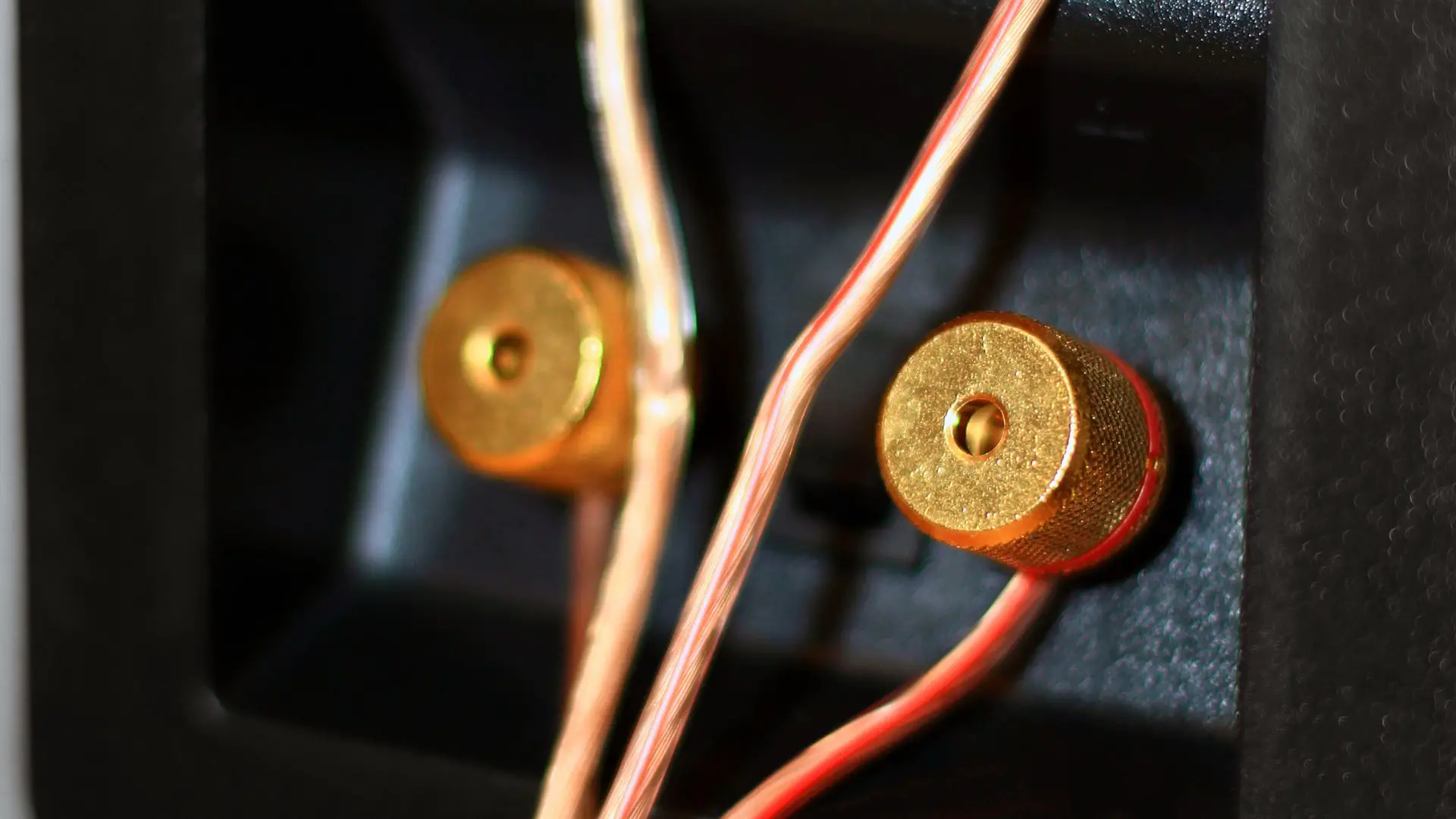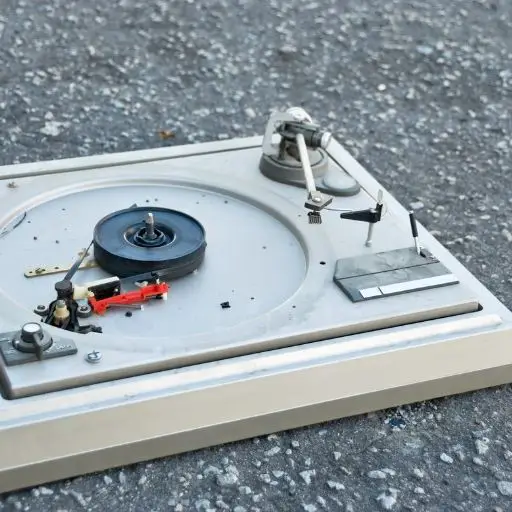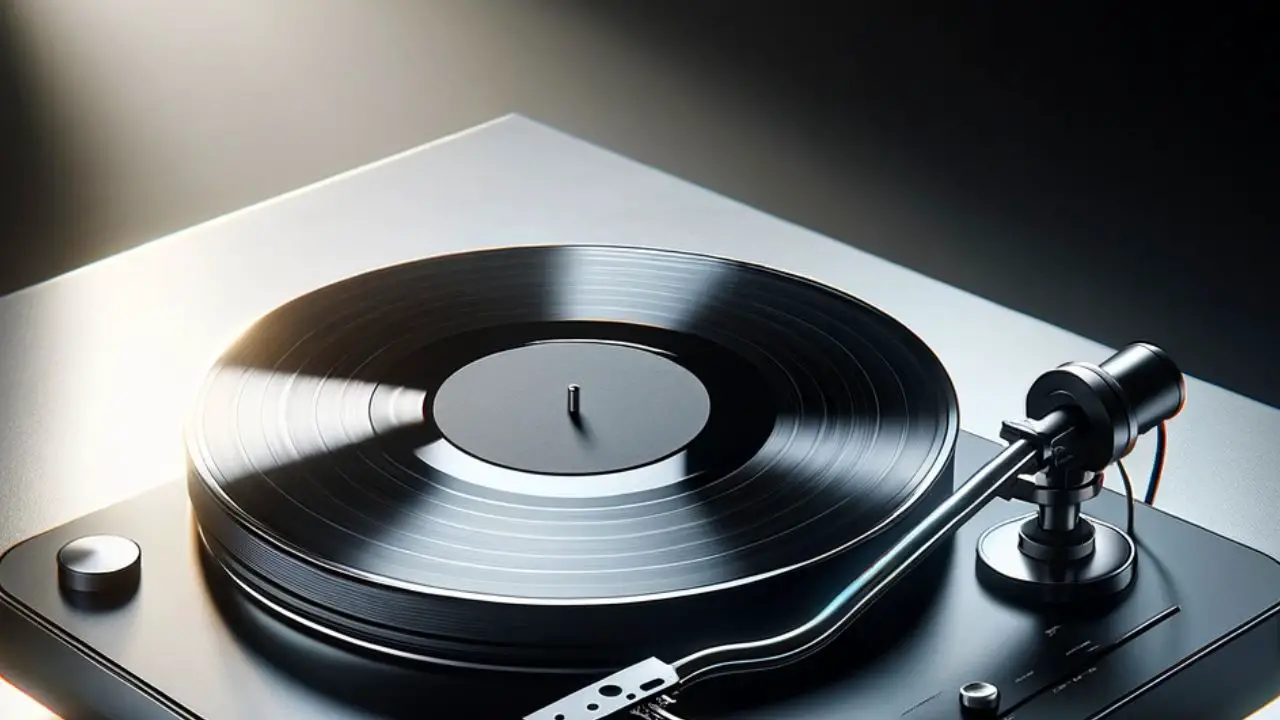As a dedicated vinyl collector, you know that pristine records are key to exceptional sound quality. The implications of placing a dusty record under the needle are often underestimated. So, what happens when a dirty record meets a clean stylus?
In reality, playing a dirty record doesn’t just lower the sound quality – it also wears out your stylus faster. When dust and dirt get stuck in the record’s grooves, it works like sandpaper. Every time you play a dirty record, it’s not just risking scratches on the vinyl; it’s also rubbing against your stylus and making it wear down much quicker.
But the issue extends beyond simple wear and tear. Those tiny particles alter the landscape that your stylus must navigate, leading to skips, scratches, and an overall bad sound quality. The stylus, forced to traverse this rugged terrain, endures excessive strain, leading to premature wear and potential misshaping. This not only necessitates more frequent stylus replacements but also compromises the integrity of your vinyl records themselves.
Clean records are essential for the best sound quality as Dirty vinyl causes poor audio. Regular cleaning keeps your collection and equipment safe. Using cleaning brushes or machines help extend the life of your vinyl and stylus. When the record is clean, the needle moves smoothly, giving you clear sound.
Simply put, keeping your vinyl clean improves your listening, protects your investment, and values the music. A small dust particle can make a big difference in enjoying vinyl to its fullest.
How the Stylus Transforms Grooves into Sound
To determine if a dirty record can harm your stylus, you must first comprehend the function and nature of a stylus.
A stylus, often referred to as a needle, is a fine and sensitive device located at the tip of your record player’s tonearm. Its main role is to interpret the grooves on your vinyl records and convert them into audible sound. Constructed with a minute diamond or another durable material affixed to a metal rod, the stylus navigates the record’s groove as it turns, capturing the vibrations and channeling them via the tonearm to your speakers.
Because the stylus is in direct contact with the grooves on your records, it is essential that it be kept clean and in good condition. Any dirt, dust, or debris that gets trapped in the grooves can cause the stylus to skip or jump, which can damage both the stylus and the record.
Since the stylus directly interacts with the groove of your records, maintaining its cleanliness and proper condition is crucial. Any dirt, dust, or particles within the groove can lead the stylus to skip or jump, potentially harming both the stylus and the vinyl.
In short, the stylus is a crucial component of your record player, and it’s essential that you take care of it properly to ensure that it lasts as long as possible and provides the best possible sound quality.
The Role of Clean Vinyl in Optimal Sound Quality
When it comes to vinyl records, keeping them free of dirt and dust is essential to ensure that they play correctly and do not cause any damage to your stylus. Here is a closer look at how a dirty record can impact your stylus.
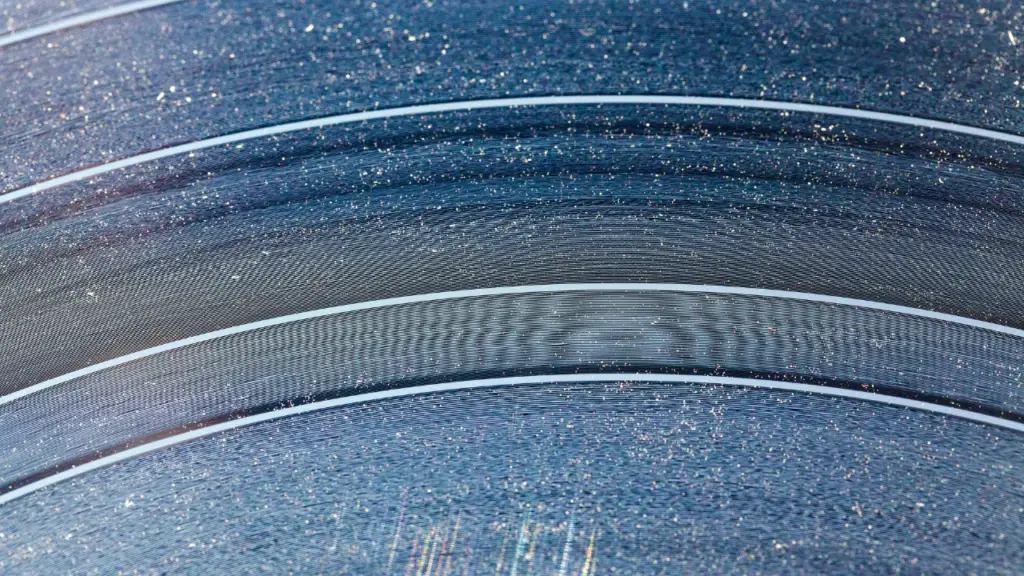
Physical Damage
Dirt and debris on a record can cause physical damage to your stylus. When the stylus encounters a particle on the record, it can cause it to skip or jump, which can lead to wear and tear on the stylus. Over time, this can cause permanent damage to the stylus, which can affect the sound quality of your records.
Sound Quality Degradation
In addition to physical damage, dirt and debris on a record can also cause sound quality degradation. When the stylus encounters a particle on the record, it can cause a popping or crackling sound, which can be heard during playback. Over time, this can lead to a buildup of noise and distortion, which can affect the overall sound quality of your records.
To prevent physical damage and sound quality degradation, it is important to keep your records clean and free of dirt and debris. This can be done by using a record cleaning brush or a record cleaning machine. In addition, it is important to store your records in a clean and dust-free environment to prevent them from becoming dirty in the first place.
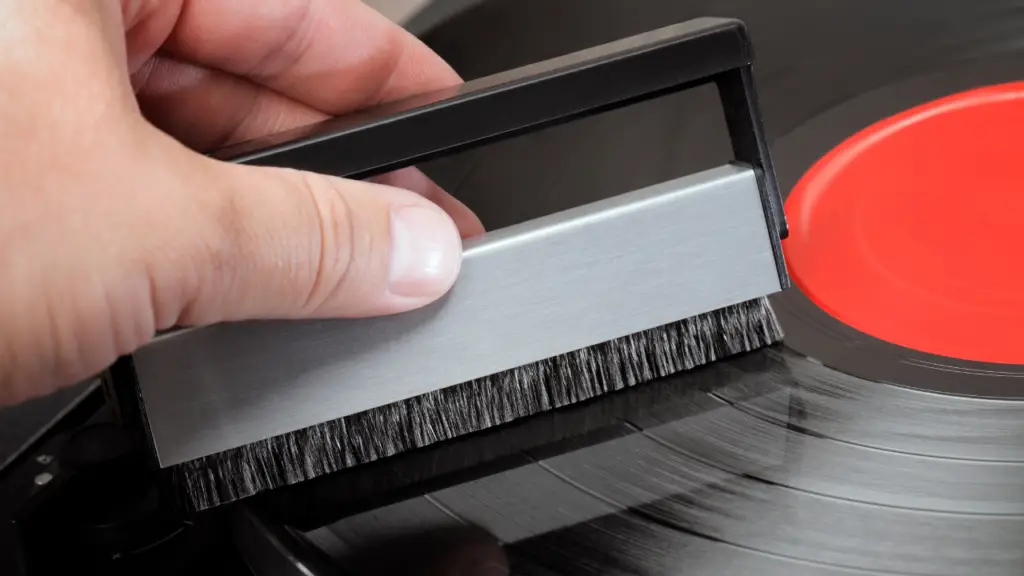
Preventing Damage to the Stylus
To prevent damage to your stylus, it is important to use proper cleaning techniques and perform regular maintenance.
Proper Cleaning Techniques
When cleaning your records, it is important to use a record cleaning brush to remove any dust or debris that may have accumulated on the surface. Avoid using any harsh chemicals or abrasive materials that can scratch the record surface or damage the stylus.
To clean the stylus, use a stylus cleaning brush or a stylus cleaning solution. Gently brush the stylus from back to front to remove any dirt or debris that may have accumulated. Be sure to use a light touch and avoid applying too much pressure, as this can damage the delicate stylus.
Regular Maintenance
Performing regular maintenance on your turntable can help prevent damage to the stylus. This includes checking the tracking force and anti-skate settings, as well as ensuring that the turntable is level and properly aligned.
It is also important to replace the stylus on a regular basis. Over time, the stylus can become worn or damaged, which can affect the sound quality and potentially damage your records. Check the manufacturer’s recommendations for when to replace the stylus, and be sure to follow their guidelines.
Conclusion
In summary, it is important to keep both your vinyl and stylus clean to maintain optimal performance and prolong the lifespan of your turntable system. Playing a dirty record can cause abrasion, wear, and groove damage, leading to tracking errors, reduced sound quality, and a shortened stylus lifespan. Dust and dirt on the record’s surface can create obstacles that affect tracking accuracy and sound quality, and can cause accelerated wear on the stylus.
To prevent damage to your stylus, it is recommended to clean it regularly using a stylus brush or stylus cleaning fluid. You should clean your stylus once a week if you use your turntable regularly. Additionally, it is important to handle your vinyl records with care, avoiding touching the playing surface and storing them in a clean and dry environment.
While it is true that your stylus is hard-wearing, it is still important to take care of it to ensure the best possible sound quality and longevity. By keeping your records and stylus clean, you can enjoy your vinyl collection for years to come.

